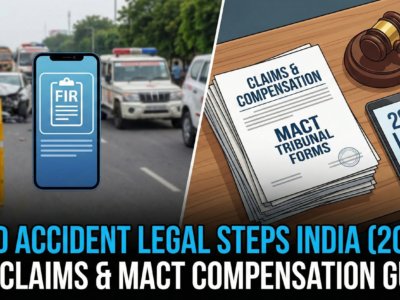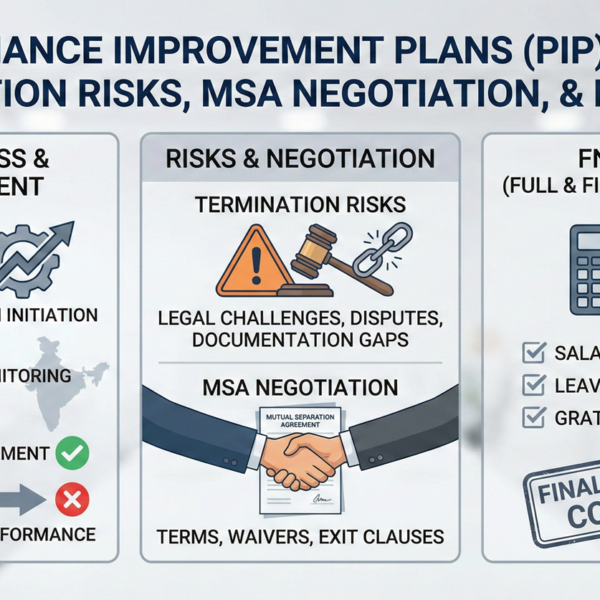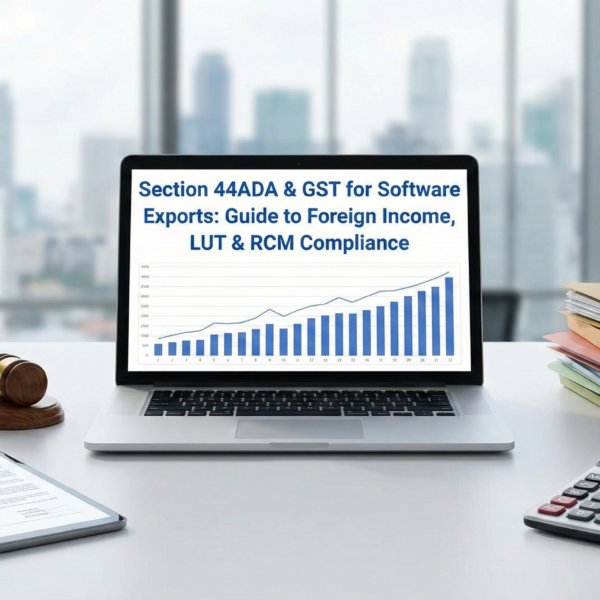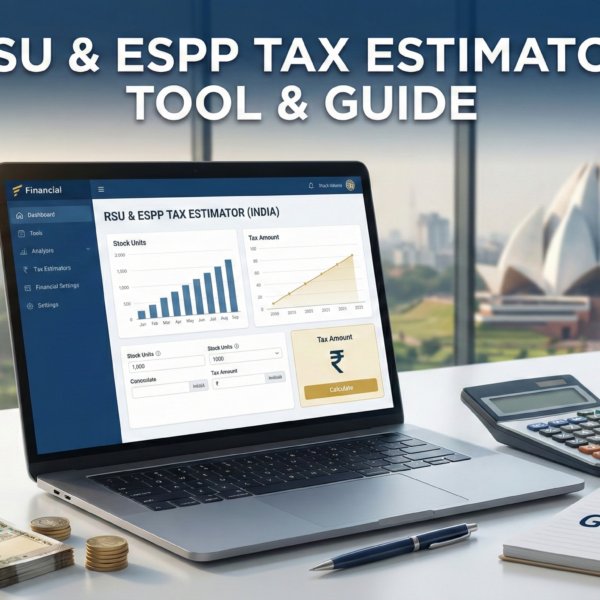Defaulting on a credit card in India is an overwhelming experience, triggering a complex process involving banks, recovery agents, and potentially the courts. Knowing your legal rights is your most powerful defense. This comprehensive guide from Evaakil.com demystifies the entire journey—from the first missed payment and NPA classification to handling recovery agents, responding to legal notices, and exploring settlement options. We provide the strategic clarity you need to protect yourself and navigate the path to financial rehabilitation.
Navigating Credit Card Default in India
A Comprehensive Legal and Strategic Guide to understanding your rights, the recovery process, and the path to financial rehabilitation.
Part I: The Onset of Default
Anatomy of a Default: From Missed Payment to NPA
Days 1-30: Delinquency
Late fees & high interest applied. Automated reminders begin. Minor credit score impact.
Days 30-90: Past Due
Intensified communication. Default reported to CIBIL, credit score drops significantly.
Day 90+: Non-Performing Asset (NPA)
A critical turning point. Bank shifts to aggressive recovery, may assign third-party agents.
Day 180+: Charge-Off
Bank declares debt as a loss. Recovery intensifies, may lead to lawsuit or debt sale.
The Human Cost of Debt
Beyond finances, default exacts a heavy psychological and social toll, amplified by cultural stigma in India. It's not just about money; it's about mental well-being.
Psychological Impact
- Triggers anxiety, depression, and chronic stress.
- Feelings of shame and failure lead to social withdrawal.
- Constant fear from recovery agent pressure.
Social Stigma
- Default is often seen as a moral failing, not a financial issue.
- Fear of judgment prevents people from seeking help early.
- Lack of a personal insolvency framework amplifies hopelessness.
Part II: The Legal Labyrinth
The Legal Arsenal: Key Laws You Should Know
A credit card is a legal contract. Several laws govern this relationship, defining the rights and obligations of both you and the bank.
This is your most powerful defense. A bank has only three years from the date of default or your last payment to file a lawsuit. If they miss this deadline, the debt becomes "time-barred," and they lose their legal right to sue for recovery.
This law allows banks to seize and sell assets without a court order, but it applies ONLY to secured loans (like home or auto loans). Credit card debt is unsecured, so banks CANNOT use SARFAESI to take your property for credit card default. Asset attachment can only happen after a court order.
Your credit card agreement is a legally binding contract. Non-payment is a breach of this contract, giving the bank the right to sue you for recovery of the outstanding amount under this Act.
Judicial Battlegrounds: Where Banks Can Sue You
| Feature | Civil Court | Debt Recovery Tribunal (DRT) | Lok Adalat |
|---|---|---|---|
| Jurisdiction | Less than ₹20 lakhs | ₹20 lakhs and above | Any amount, focus on compromise |
| Procedure | Formal, lengthy (CPC, 1908) | Summary, faster | Informal, conciliatory |
| Nature | Adversarial | Quasi-Judicial | Non-Adversarial (Voluntary) |
| Outcome | Decree | Recovery Certificate | Award (by mutual consent) |
| Appeal | Yes (to higher courts) | Yes (to DRAT) | No Appeal |
The Role of the Police: Separating Civil from Criminal
Key takeaway: Credit card default is a CIVIL matter. The police have NO JURISDICTION to intervene for simple non-payment.
Police can only get involved if a criminal offense is committed, such as:
- Cheque Dishonour: A bounced cheque for repayment can lead to a criminal case.
- Fraud: Proving you took the card with the initial intent not to pay (very rare).
Part III: A Strategic Playbook
Proactive Engagement: Negotiation and Settlement
Avoiding the bank is the worst strategy. Proactive communication opens doors to resolution. Explore your options below.
Debt Restructuring
Modifies your debt to make it more manageable. Best for temporary financial trouble.
- Extend Repayment Tenure: Converts the total due into a loan with a longer period, reducing your monthly EMI.
- Moratorium: A temporary "payment holiday" where you don't have to make payments.
- CIBIL Impact: Less severe than a settlement or an unresolved default.
One-Time Settlement (OTS)
A compromise where you pay a lump sum that's less than the total amount owed.
- Negotiation: Offer a reasonable amount (e.g., 30-50% of the total) citing your hardship.
- CRITICAL: Always get a formal, written settlement letter from the bank before making any payment.
- CIBIL Impact: Significant negative impact. Your report will be marked as "Settled".
Debt Consolidation
Taking a new, single loan (like a personal loan) to pay off high-interest credit card debt.
- Suitability: Works if your credit score is still good enough to get approved for a new loan.
- Benefit: Simplifies payments into one EMI, usually at a lower interest rate.
- CIBIL Impact: Can help rebuild your credit score over time if you pay the new loan EMIs regularly.
Responding to a Legal Notice
Receiving a legal notice is a serious escalation. Your response (or lack thereof) has significant consequences.
Biggest Mistake to Avoid
DO NOT IGNORE IT. Failure to respond can lead to an *ex-parte* judgment, where the court rules in the bank's favor without hearing your side. This allows them to start asset attachment.
What You Should Do
Consult a lawyer immediately. A lawyer can draft a formal reply, place your side of the story on record, dispute incorrect charges, and assert your legal defenses, such as the debt being time-barred.
Part IV: The Aftermath & The Future
The Evolving Landscape: Recent Changes
The rules for credit and recovery are constantly changing. Recent court judgments and RBI directives have a direct impact on you.
Supreme Court on Interest Rates (HSBC v. Awaz, Dec 2024)
The Supreme Court ruled that courts cannot cap credit card interest rates, giving banks more freedom to charge higher, risk-based interest. This makes timely repayment or settlement even more crucial to avoid rapidly growing debt.
RBI's Digital Lending Directions (2025)
New rules mandate greater transparency. Banks must now provide a standardized Key Fact Statement (KFS) before you sign up, clearly outlining all charges. They also reinforce rules on recovery agent conduct and data privacy.
Final Recourse: Asset Attachment
This is the final step in the legal process and only happens after a court has issued a formal decree against you. The bank cannot do this on its own.
- Bank wins the case and gets a court decree.
- Bank files an "Execution Petition" to enforce the decree.
- Court identifies and issues an order to "attach" your assets (bank accounts, property).
- Attached assets are sold via public auction to recover the debt.
- Any surplus amount from the sale after clearing the debt must be returned to you.
Grievance Redressal: Your Right to Complain
If you face harassment or unfair practices, follow this structured path to file a complaint.
Bank's Grievance Cell
File a written complaint with the bank first. Get a reference number.
RBI Ombudsman
If no resolution in 30 days, escalate to the RBI's free service via their online portal.
Police / Civil Court
For severe criminal acts like threats or assault, file an FIR or a civil suit.









